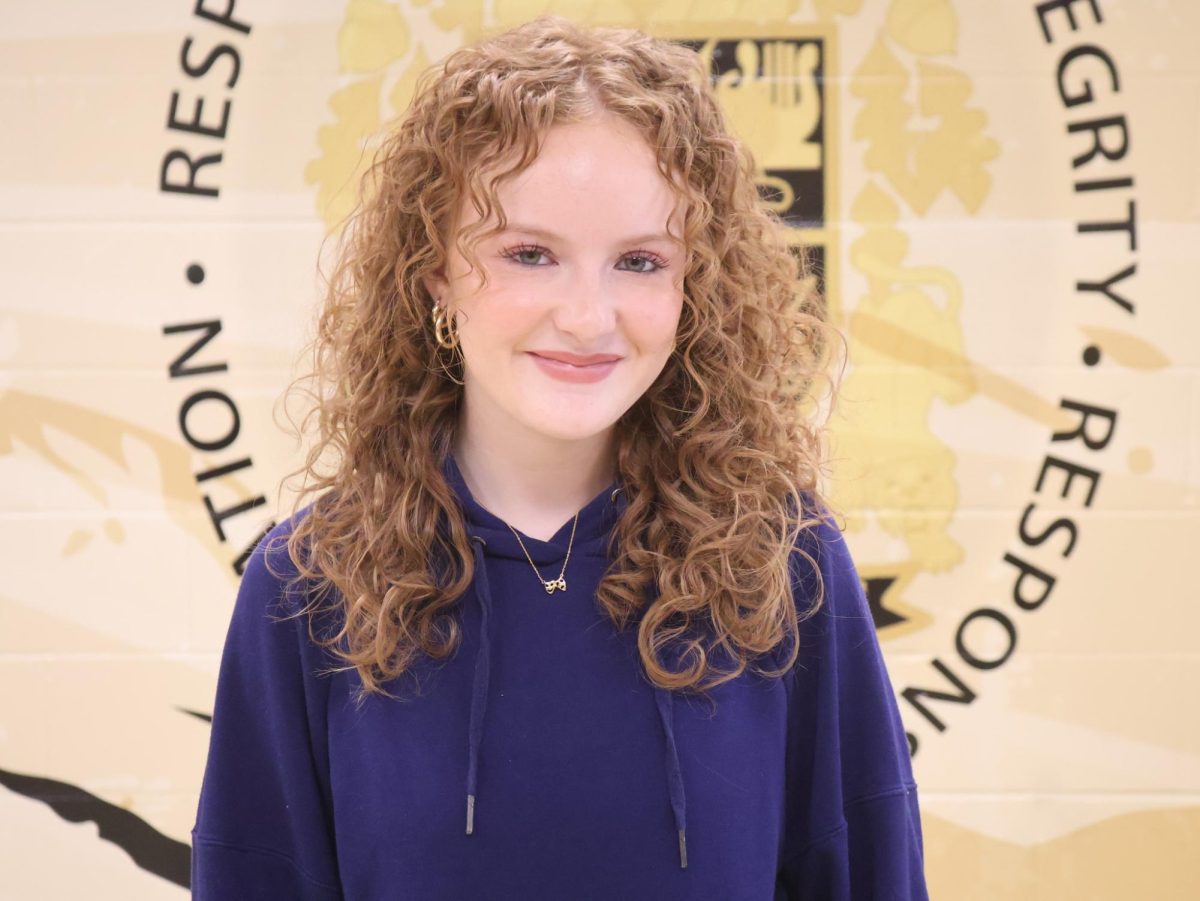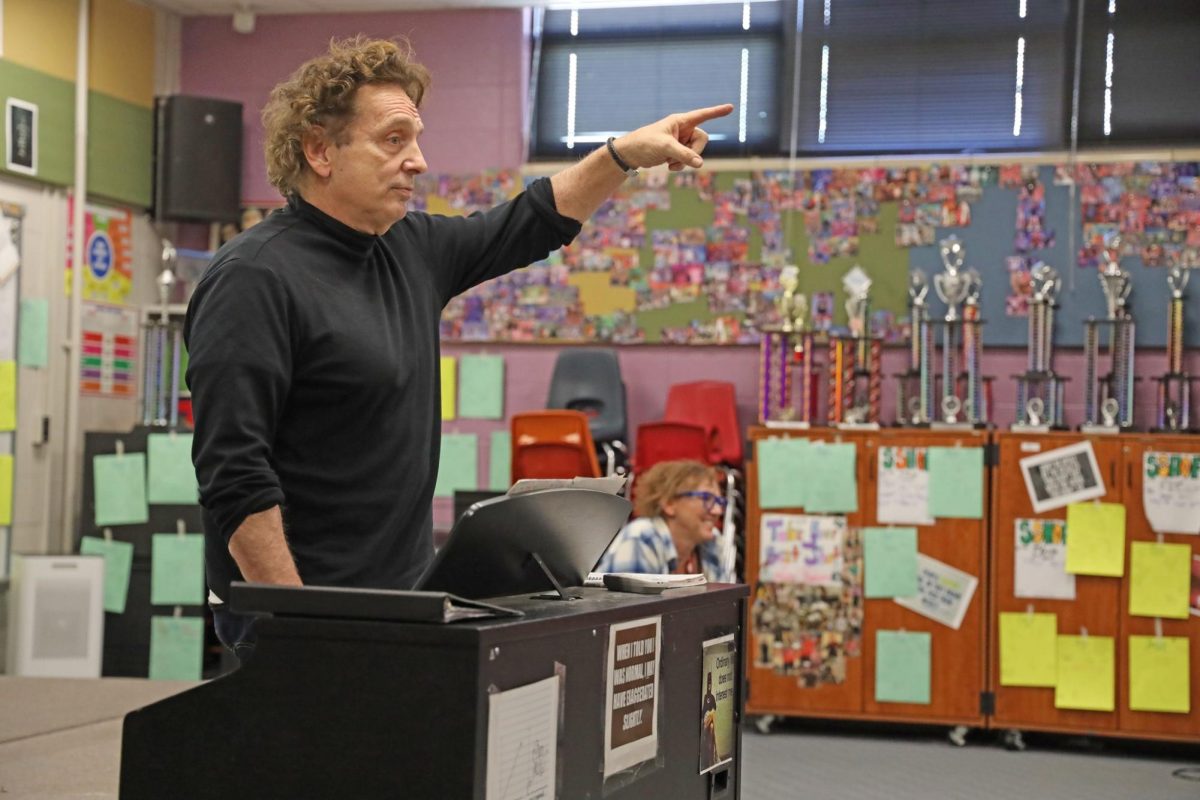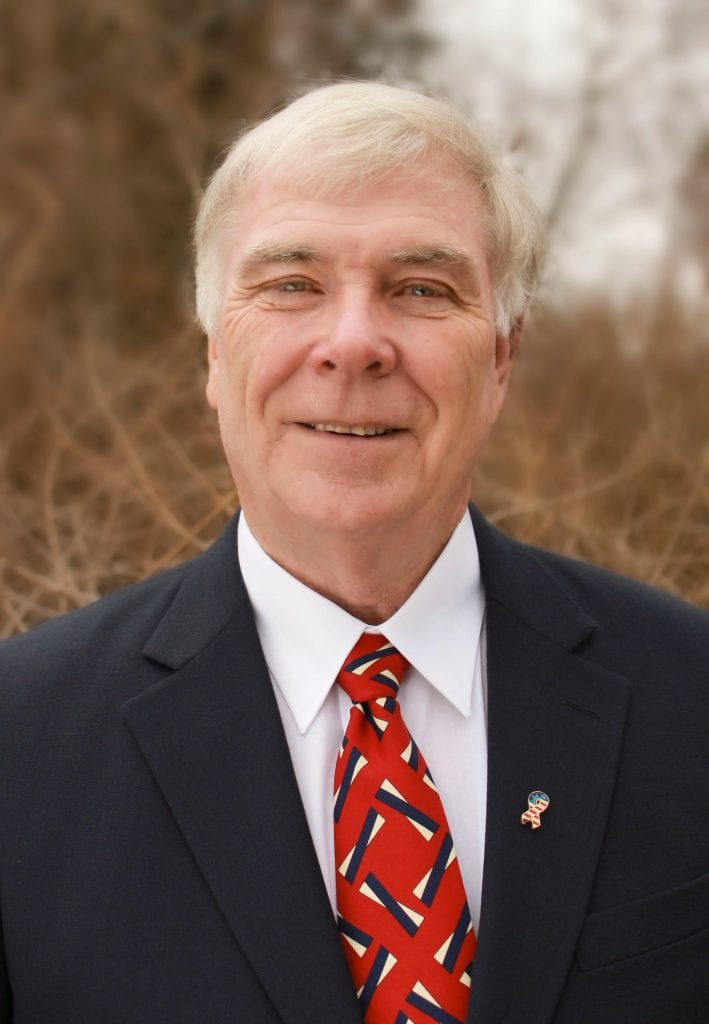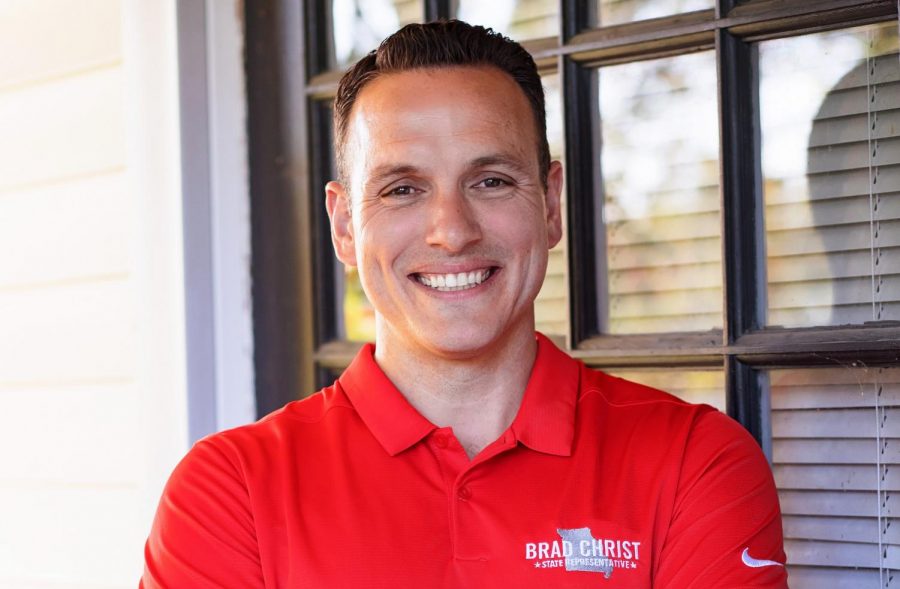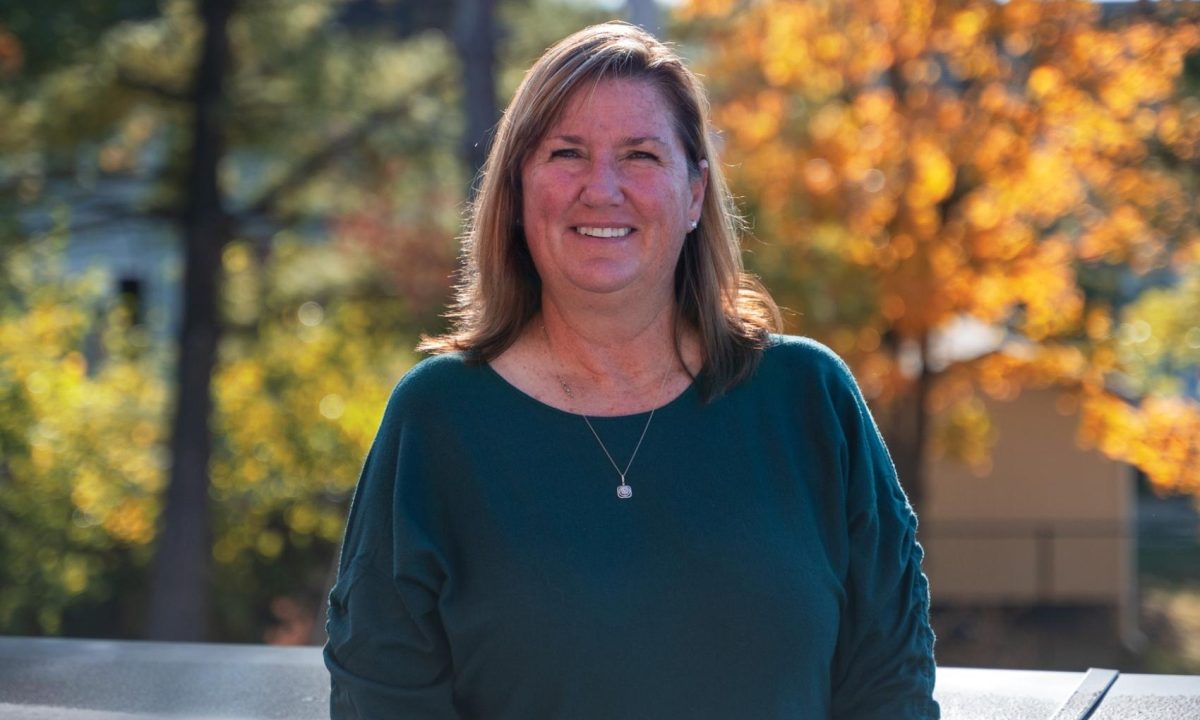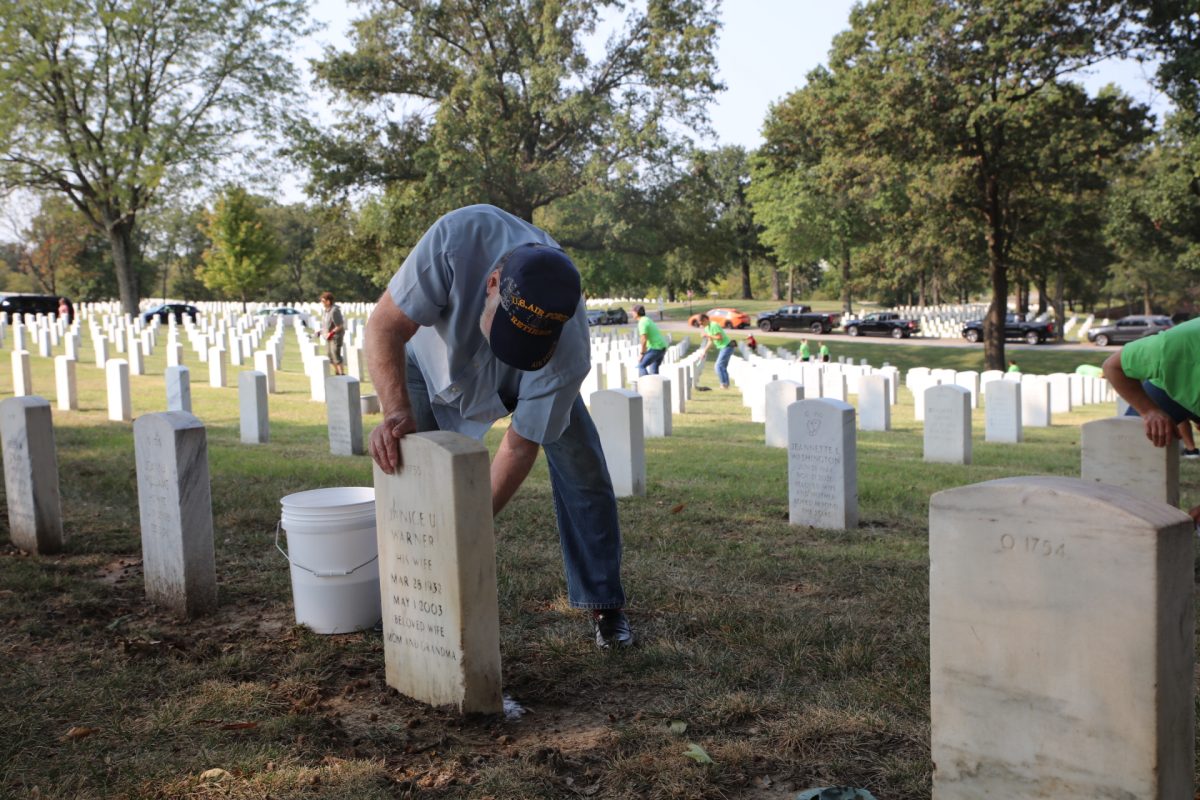The top priority of many Missouri parents and educators is school safety, according to a survey presented at the latest State Board of Education meeting.
But statewide safety improvements for schools didn’t garner much traction during the legislative session that ended in May, with most proposals dying without ever making it to the full House or Senate for debate.
Action has largely come through the budget, with lawmakers approving recommendations from the governor’s office giving school districts access to grant money for physical security upgrades and emergency supplies. The state funded a new app for school lockdowns for all districts to access.
The result is a few changes for the 2023-2024 school year, likely at levels unnoticeable to students.
In May, Gov. Mike Parson announced that funding was available for school districts to sign up for a mobile application to assist in emergencies. The app, Raptor Alert, will allow school staff to silently trigger alarms and communicate with emergency responders.
Missouri school districts are being trained on the software, and those who signed up prior to the end of June should have the technology ready before the school year begins.
“We want all students across Missouri to have the opportunity to learn in safe and secure schools,” Parson said at the time. “That’s why our administration included funding for this school safety app.”
Parson set aside $20 million in school safety grants in his 2023 early supplemental budget request, which legislators approved. Almost 170 districts claimed a portion of the funds, with grants ranging from $7,100 to $450,000.
Northwest R-1 School District in Jefferson County, the recipient of the $450,000 grant, is using the money to install a surveillance system throughout its elementary schools, Mark Janiesch, the district’s chief operating officer, told The Independent.
Janiesch said DESE decided the amount of the award to the district through a questionnaire that assessed buildings’ age and current surveillance coverage.
“This grant is going to greatly help make our schools safer and more secure,” he said. “If the state could offer grants similar to this one within future budgets, they could help ensure that more schools across the state have an opportunity to incorporate ongoing and up-to-date safety measures over the years.”
Parson plans to increase the grant fund to $50 million next year, if approved by lawmakers.
In April, a research firm hired by the state school board asked stakeholders about their priorities for the department. “Ensuring schools and classrooms remain the safest places for students and teachers” resonated most with survey participants, which included school staff and parents. Those surveyed listed funding as the top barrier to success.
Carol Hallquist, the board’s vice president, presented the data at the meeting, saying she asked the researchers to look at groups other than parents and educators that took the survey, like community leaders and staff from the Department of Elementary and Secondary Education.
“No matter how they cut the data, pretty much these were the priorities for the other groups as well,” she said during the board’s June meeting.
The data will inform the board’s recommendations to lawmakers for 2024’s legislative session.
During this year’s session, lawmakers from both sides of the aisle filed 18 bills related to school safety. Some focused on school resource officers, others on mental health.
Although the topic is bipartisan, the parties took different approaches to the legislation, with Democrats filing bills to reduce children’s access to guns and Republicans looking to allow more school personnel to qualify to carry a weapon on campus as a school resource officer.
In late February, students from Central Visual and Performing Arts High School in St. Louis, who lost a classmate and a teacher in a school shooting in October, visited the State Capitol.
They held a rally, where they showed art they created to express their grief, and spoke to lawmakers.
“We, all of us, deserve more than empty promises,” then-high-school senior Bryanna Love said during the rally, as broadcast by KSDK-TV.
Just one was signed into law, a bill by Scott City Republican Sen. Holly Thompson Rehder that expands background checks to include adults taking classes in facilities with K-12 students on site. The law exempts adults that are part of a school’s average daily attendance, like high school seniors who are 18.
Missouri Independent is part of States Newsroom, a network of news bureaus supported by grants and a coalition of donors as a 501c(3) public charity. Missouri Independent maintains editorial independence. Contact Editor Jason Hancock for questions: info@missouriindependent.com. Follow Missouri Independent on Facebook and Twitter.




